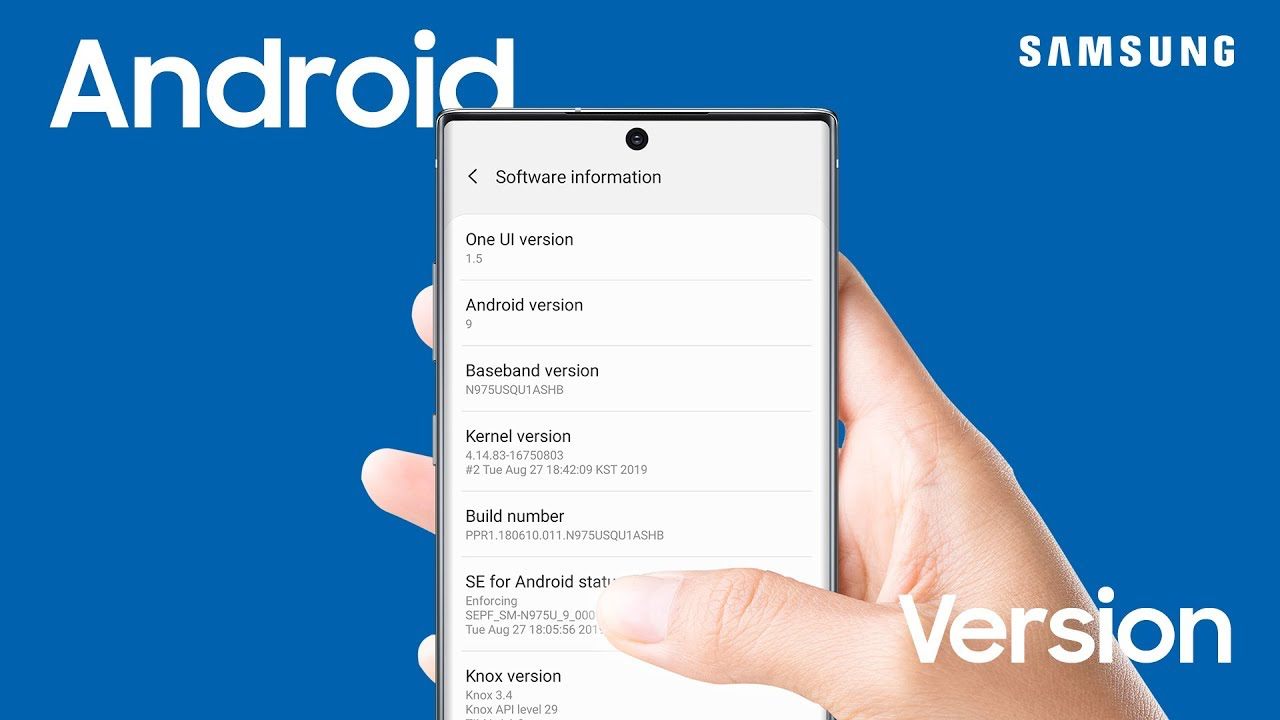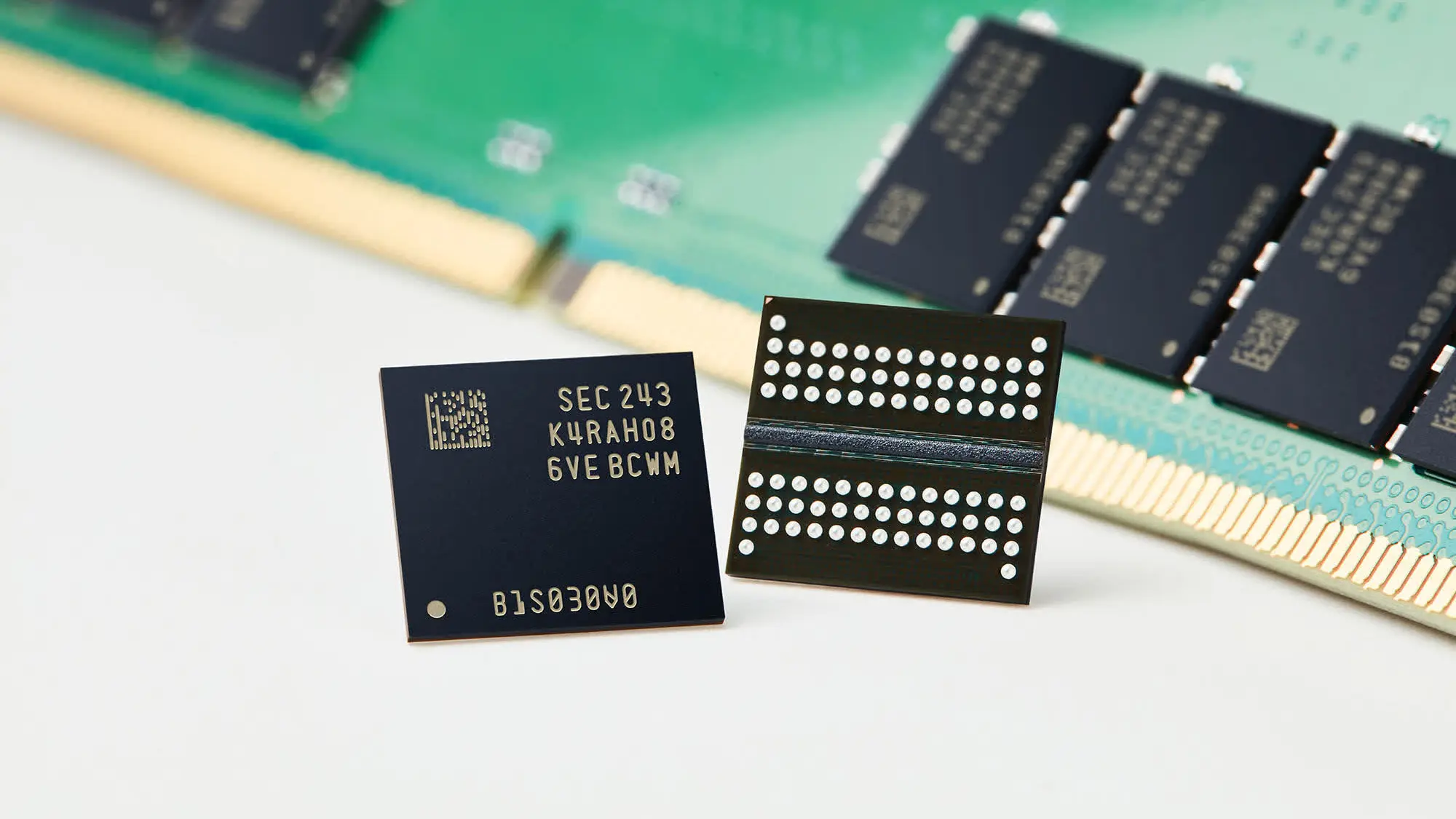Worst to Best Update Policy- Samsung now surely is a ruler in the Android World

South Korea-based multinational tech company Samsung has seen numerous ups and downs in the previous years. From being the worst and most negligent update provider in the past to becoming the Android World leader in this league, Samsung surely came a long way. Samsung is now in that place where its current update promises are being adapted by other manufacturers like OnePlus as well. It clearly shows that the South Korean firm has now reached a position where being beaten up by any other is too challenging.
It is not hideous that Samsung once was a very irresponsible update provider and hadn’t sustained a good track record in the past. Previously, Samsung had not been aware of new updates and innovations in its Galaxy devices. But as time passed, the South Korean firm was upgraded and ended up being the ideal for the whole Android World. Samsung was the first who promise a four-generation OS and five years of security updates to its devices.
Earlier than last year, the South Korean company made an announcement regarding its update policy. At that time, the company had promised three-generation OS updates and four years of security updates to its select mid-range and flagship devices when nearly every other OEM was providing only two major OS upgrades. Albeit the company killed this three-year OS update policy last year with its new more-beneficial update policy, Samsung has been leading this race since then.
No one match Samsung’s software update policy
Hardly just after a year of this announcement, the company introduced its new update policy last year. According to this new policy, the select eligible Galaxy device will now be able to get four major OS updates and five years of security updates. Back then, even Google, who is the founder of Android OS, did not promise to take the update policy that far, and neither did the other OEMs. With this irreversible step, the company has left no choice to its rival Android provider other than to walk in its footsteps.
OnePlus also joins the same but?
After all, the Chinese manufacturer OnePlus has recently announced the same policy as Samsung. Now One Plus also tends to deliver four major OS and five years of security updates to its select devices. However, the manufacturer still hasn’t cleared which of its devices are lined up to join this update category. Apart from Samsung and OnePlus, leaving the other OEMs on the side, even Google has not taken this step this far and currently promised only three major OS updates for its Pixel phones. Hence, it proves Samsung has now been the best update provider across the Android industry.
Gratefully, this update policy generated by Samsung may also be helpful with environmental perspectives. As the manufacturers now will deliver more updates to their devices, there is no longer the need for replacements. Because the users will get newer service in their old model devices too, there may be no need to change the phone in a short span; consequently, it will reduce the amount of e-waste, which will be satisfactory for the environment.



